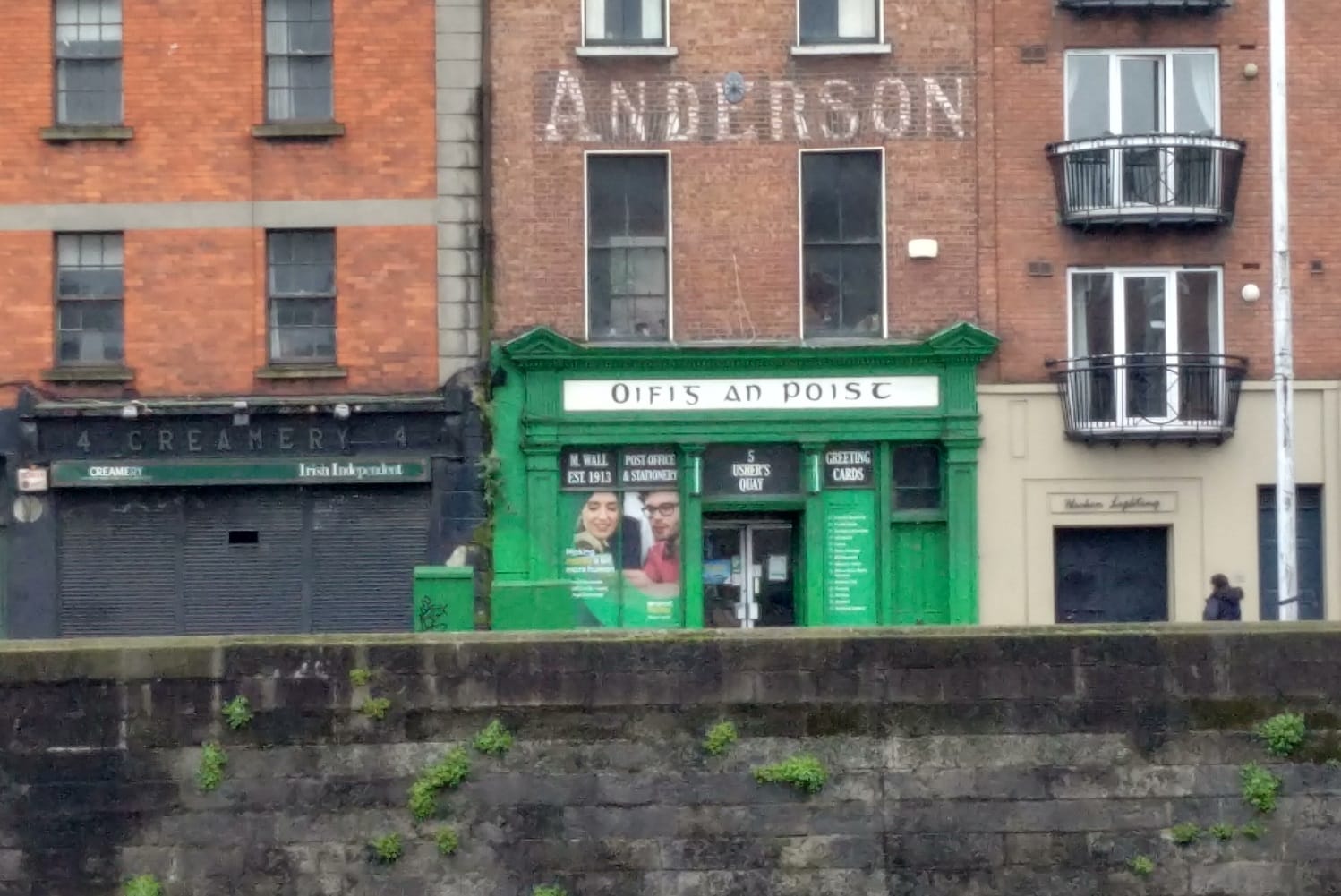What’s the best way to tell area residents about plans for a new asylum shelter nearby?
The government should tell communities directly about plans for new asylum shelters, some activists and politicians say.
Some homeless facilities let people register to vote at their addresses, says Anthony Flynn, head of Inner City Helping Homeless. But not all.

The city needs a campaign to encourage those staying in homeless family hubs and short-term hostels to vote, Independents 4 Change Councillor Pat Dunne said last week.
Many of those who are homeless are probably registered at old addresses for the local and European elections coming 24 May, Dunne said at a recent meeting of Dublin City Council’s housing committee.
There were 4,304 adults staying in emergency accommodation in Dublin in February, according to Department of Housing figures.
Last winter’s survey of those rough-sleeping counted 156 people in the Dublin region too, council figures show.
“You would probably have a lot of those people that would have been displaced from where they were originally registered,” he said.
But it’s important to get the information out there on how they can register to vote, he said.
Those who have changed address would have to fill out a new address form to make sure their polling card finds them where they are now, Dunne said.
That’s the RFA3 form and it needs your name, address and your local Garda station to verify your identity.
After that you need to post the form, collect the polling card when it arrives at your address and then bring it with you to the polling station on polling day.
Said Sinn Féin Councillor Janice Boylan: “We want to make sure that there is a system put in place where people who are going to be moving from place to place will actually have the opportunity to register to vote.”
A spokesperson for Dublin City Council said that it was delivering voter registration forms to hubs and “temporary accommodation services”, and people would be helped to fill them out.
DHRE staff “will bring forms on their regular visits to residents in these types of accommodation and return completed forms” to the council’s franchise section, the council spokesperson said.
John Cuffe, who has been homeless five months, says he is registered to vote for the upcoming election.
“A girl came around with a load of forms,” Cuffe said. He spotted her while he was at Merchants Quay last week, he said.
He registered to vote using the address of homeless charity Merchants Quay Ireland, and expects, even though he doesn’t stay there, that his polling card will arrive there for him, he says.

In addition to this effort by the council, a recent initiative by An Post may also make it easier for people in short-term accommodation to vote.
Earlier this month, An Post launched its Address Point service, “a free service that provides a fixed address to those without a fixed home”.
Some councillors say this service could be a solution for registering to vote for people using the homeless freephone and living in short-term hostels.
“An Post and the address of the family hub should be recognised,” says Labour Party Councillor Alison Gilliland.
A spokesperson for An Post said that they don’t know if Address Point addresses would be accepted on voter-registration forms. That’s for other bodies to decide, they said.
When asked, a Dublin City Council spokesperson said: “I have been advised to tell you that they use their hostels or accommodation address.”
Not all homeless facilities let people register to vote at their addresses, the way Merchants Quay Ireland does, says Anthony Flynn, head of Inner City Helping Homeless.
“Some of the facilities will not allow you to use their address,” says Flynn, who is also an independent local elections candidate for the north-inner city.
Dunne, the Independents 4 Change councillor, says there should be a day when Gardaí call to different homeless centres to help register people to vote.
“We live in a republic. It’s incumbent on the state and the institutions that everybody has an opportunity to vote,” Flynn said.